Rule 9 of the Clinical Establishments Act, 2012: Balancing Regulatory Authority and Professional Autonomy in Healthcare
– Dr Niranjan Shah
This blog examines Rule 9 of the Clinical Establishments (Registration and Regulation) Act, 2012, which empowers state governments to regulate fees charged by healthcare facilities in India. It analyzes the potential conflict between this regulatory power and the constitutional right of medical professionals to practice their profession freely (Article 19(1)(g)). The paper explores relevant legal precedents and academic commentary to understand the delicate balance between ensuring patient welfare through regulation and upholding the autonomy of healthcare providers.
Introduction:
The Clinical Establishments Act, 2012, aimed to standardize the functioning of healthcare facilities in India. Rule 9 specifically addresses the government's role in regulating fees charged for services. This paper investigates the implications of Rule 9 on the constitutional rights of healthcare professionals and the legal framework surrounding professional fees.
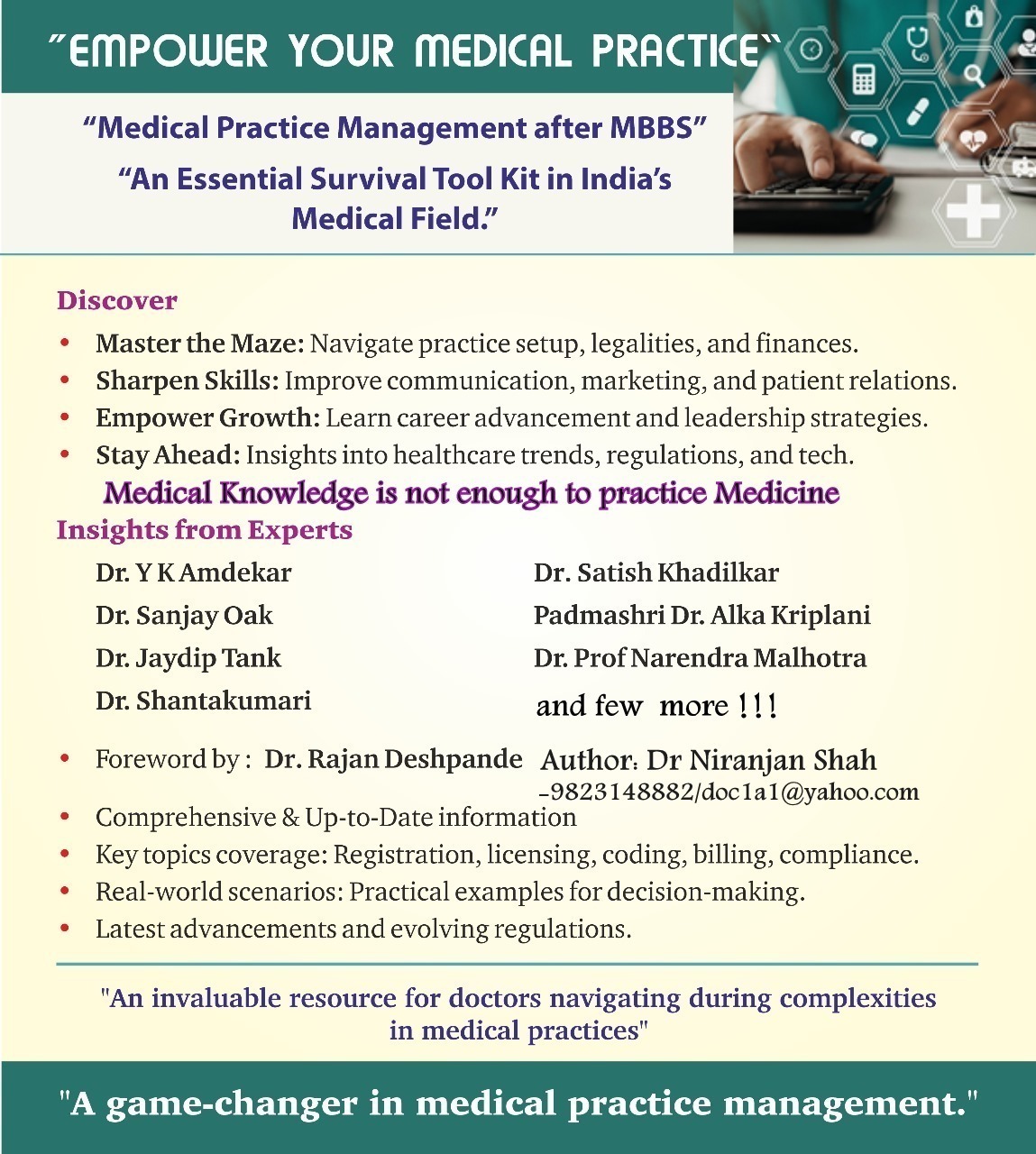
Government Regulation of Fees:
Rule 9 mandates that clinical establishments display a list of services and their corresponding fees, as determined by the relevant government authority. This provision seeks to promote transparency and potentially control healthcare costs.
Constitutional Right to Practice:
Article 19(1)(g) of the Indian Constitution guarantees citizens the right to practice any profession. This right implies autonomy in determining the terms of practice, potentially including fees.
Balancing Regulation and Autonomy:
The government has a legitimate interest in ensuring healthcare affordability and quality. However, excessive control over fees might infringe upon professional autonomy. Rule 9 raises concerns about the potential violation of Article 19(1)(g).
Also Read-
The Future of the Medical Profession in India: A Landscape Shaped by Innovation and Transformation
Legal Precedents:
(IN THE HIGH COURT OF JUDICATURE AT BOMBAY NAGPUR BENCH, NAGPUR WRIT PETITION NO.1936 OF 2020)
On 30-4-2020, the Public Health Department of the State Government issued a notification containing reference to - (i) The Epidemic Diseases Act, 1897, (ii) The Disaster Management Act, 2005, (iii) The Maharashtra Essential Services Maintenance (Amendment) Act, 2011, (iv) The Maharashtra Nursing Home (Amendment) Act, 2006, and (v) The Bombay Public Trusts Act, 1950. On 21-5-2020. This notification was modified/amended by issuing another notification. Through these notifications the Government had regulated the rates chargeable by the private hospitals from COVID as well as Non-COVID patients.
Vidarbha Hospitals Association and Dr Pradeep Arora challenged these notifications in Bombay High Court and argued that the impugned directions in the notifications in question violate the fundamental right of the petitioners, contained under Article 19(1)(g) of the Constitution of India, to practise any profession or to carry on any occupation, trade or business. The State Government argued that it had the competence to impose reasonable restrictions under Article 19(6) of the Constitution of India.
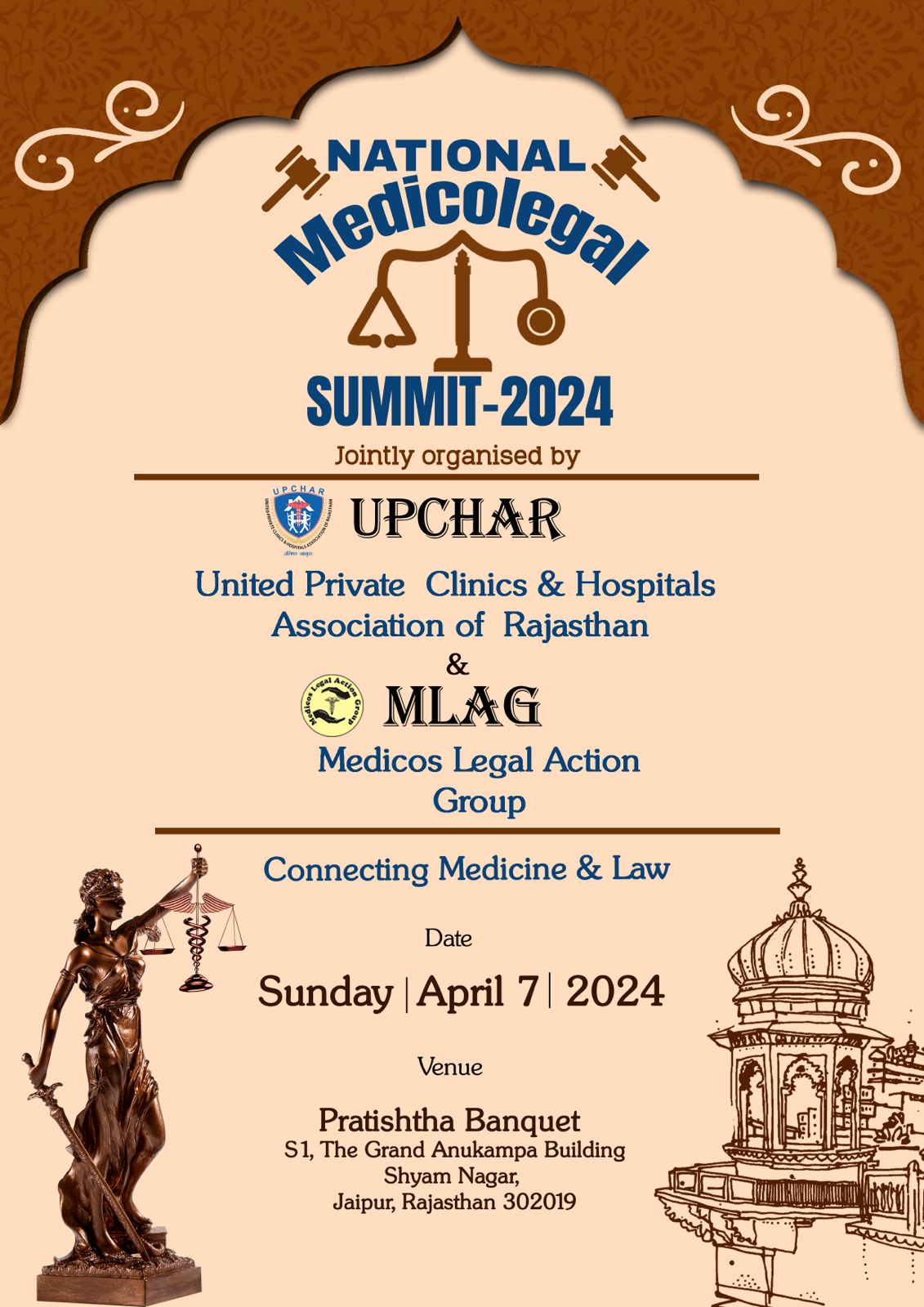
The HC observed that the Legislature of the State is not competent under Entry 6 regarding public health and sanitation; hospitals and dispensaries in List II (State List) of Schedule VII under the Constitution of India either to frame any law or issue any direction putting cap on or regulating the rates chargeable by the private hospitals for Non-COVID patients.
It was ordered finally that the State Legislature is, therefore, not competent either to frame any law in that respect or to issue any notification regulating the rates chargeable by the private hospitals to Non-COVID patients.
Also Read-
Indian Medical Association vs. Union of India (2002)
Landmark cases like Indian Medical Association vs. Union of India (2002) emphasized the autonomy of medical professionals in setting fees. Similarly, the Kerala High Court in Dr. K. K. Abraham vs. State of Kerala (2001) invalidated government-fixed fees, upholding the right of professionals to determine their charges.
Academic Commentary:
Scholars debate the impact of fee regulation. Some argue it may stifle innovation and quality by limiting healthcare providers' income. Others contend that regulation is crucial to prevent exploitation and ensure healthcare accessibility.
Conclusion:
Rule 9 necessitates a nuanced approach that balances regulatory objectives with professional autonomy. Legal precedents and scholarly discourse highlight the complexities involved. Striking this balance is critical to ensure both patient well-being and a thriving healthcare sector.
References:
• Indian Medical Association vs. Union of India & Others (2002) - Supreme Court of India
• WRIT PETITION NO.1936 OF 2020 IN THE HIGH COURT OF JUDICATURE AT BOMBAY NAGPUR BENCH, NAGPUR WRIT PETITION NO.1936 OF 2020
• Dr. K. K. Abraham vs. State of Kerala (2001) - Kerala High Court
• "Government Regulation of Professional Fees in Healthcare: Balancing Regulatory Objectives and Constitutional Rights" - Journal of Medical Ethics, Volume 43, Issue 2, 2017. (Consider adding author names if available)
• "Regulation of Medical Fees: A Legal and Ethical Perspective" - Indian Journal of Medical Ethics, Volume 2, Issue 1, 2019. (Consider adding author names if available)
• "The Clinical Establishments Act: An Analysis of its Impact on Private Medical Practice" - Economic and Political Weekly, Volume 48, Issue 20, 2013. (Consider adding author names if available)
(Dr Niranjan Shah is a senior Ob & Gy, avid fighter for medical profession dignity, writer, counsellor. He tweets at @doc2a2. Views are personal)




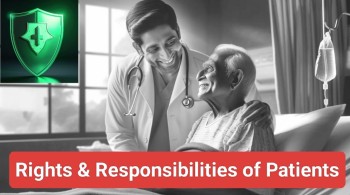
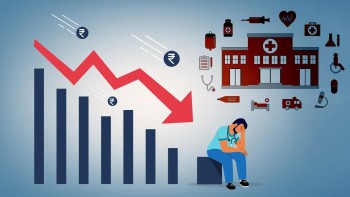




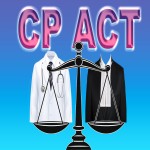

Recent comments
Latest Comments section by users